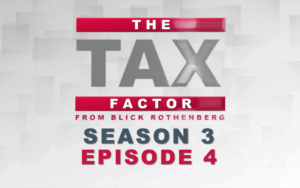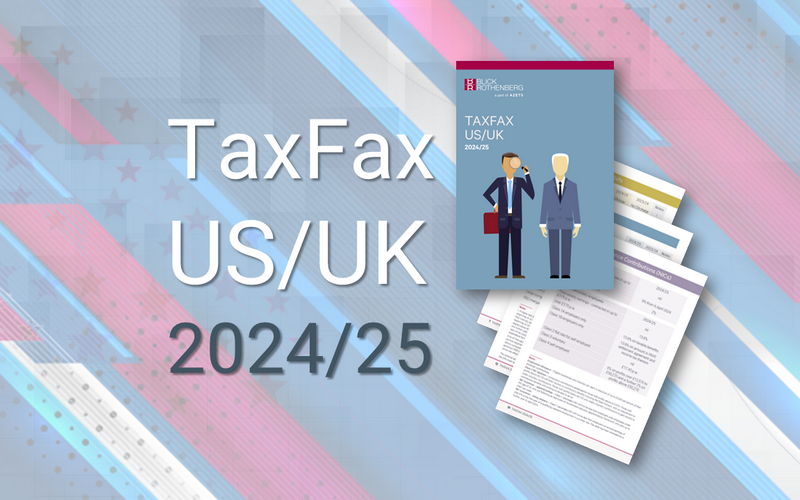
US Insights
Understanding BE Surveys: A Simple Guide
Understanding BE Surveys: A Simple Guide
Navigating the world of tax filings can be daunting, especially when it comes to BE (Bureau of Economic Analysis) tax filings. This guide aims to simplify the process and help you understand the different types of filings, focusing on the BE-13, BE-15, and BE-12 filings.
What Are BE Surveys?
BE Surveys are mandatory reports submitted to the Bureau of Economic Analysis (BEA) by U.S. businesses and foreign entities. These filings provide essential data on foreign direct investment (FDI) in the United States and U.S. direct investment abroad. The information collected helps gauge the performance of the U.S. economy and its role in the global economy.
Types of BE Surveys
There are several types of BE Surveys, each serving a specific purpose. Here, we’ll summarise the main types and their applicability:
- BE-13: Survey of New Foreign Direct Investment in the United States
- BE-15: Annual Survey of Foreign Direct Investment in the United States
- BE-12: Benchmark Survey of Foreign Direct Investment in the United States
- BE-577: Quarterly Survey of U.S. Direct Investment Abroad
- BE-11: Annual Survey of U.S. Direct Investment Abroad
- BE-10: Benchmark Survey of U.S. Direct Investment Abroad
Focus on BE-13, BE-15, and BE-12 Filings
BE-13: Survey of New Foreign Direct Investment in the United States
The BE-13 filing captures new investment transactions when a foreign direct investment relationship is created or when an existing U.S. affiliate of a foreign parent establishes a new U.S. legal entity, expands its U.S. operations, or acquires a U.S. business enterprise. The initial report must be filed no later than 45 days after the date of the investment transaction.
When is BE-13 Applicable?
- When a foreign entity acquires a voting interest in a U.S. business enterprise
- When a foreign entity or an existing U.S. affiliate establishes a new legal entity in the U.S
- When an existing U.S. affiliate expands its operations to include a new facility
What Does BE-13 Report?
- The total cost of the acquisition or establishment
- The percentage of voting interest owned by the foreign entity
- Details of the new facility or business operations
When is BE-13 Due?
The initial report must be filed no later than 45 days after the date of the investment transaction.
Consequences of Not Filing BE-13
Failure to file the BE-13 report can result in civil penalties. The BEA may impose fines for non-compliance, and continued failure to file can lead to more severe penalties, including legal action.
BE-15: Annual Survey of Foreign Direct Investment in the United States
The BE-15 filing reports annual financial and operating data of U.S. affiliates of foreign parents. Entities required to report will be contacted individually by BEA. This survey has four forms, and the version that must be filed is determined by the reporting criteria.
When is BE-15 Applicable?
- For majority-owned U.S. affiliates with total assets, sales, or net income exceeding $300 million
- For U.S. affiliates with total assets, sales, or net income between $120 million and $300 million
- For U.S. affiliates with total assets, sales, or net income between $40 million and $120 million
What Does BE-15 Report?
- Financial and operating data of U.S. affiliates
- Details of the foreign parent and its ownership percentage
- Information on the U.S. affiliate’s business operations and financial performance
When is BE-15 Due?
The BE-15 survey is due annually, with specific deadlines communicated by BEA to the reporting entities.
Consequences of Not Filing BE-15
Non-compliance with the BE-15 filing requirements can lead to civil penalties. The BEA may impose fines for failure to file, and persistent non-compliance can result in legal action.
BE-12: Benchmark Survey of Foreign Direct Investment in the United States
The BE-12 filing is the most comprehensive survey of foreign direct investment in the United States, conducted every five years. It collects detailed information on the financial and operating characteristics of U.S. affiliates of foreign parents.
When is BE-12 Applicable?
- For U.S. affiliates with total assets, sales, or net income exceeding $300 million
- For U.S. affiliates with total assets, sales, or net income between $60 million and $300 million
- For U.S. affiliates with total assets, sales, or net income of $60 million or less
What Does BE-12 Report?
- Detailed financial and operating data of U.S. affiliates
- Information on the foreign parent and its ownership structure
- Data on the U.S. affiliate’s business activities, including employment, sales, and capital expenditures
When is BE-12 Due?
The BE-12 survey is conducted every five years, with the most recent survey covering the fiscal year ending in 2017. The completed survey is due to BEA on or before May 31 of the year following the survey year.
Consequences of Not Filing BE-12
Failure to file the BE-12 report can result in significant civil penalties. The BEA may impose fines for non-compliance, and continued failure to file can lead to more severe penalties, including legal action.
Why Are BE Surveys Important?
BE Surveys are crucial for several reasons:
- Economic Analysis: They provide valuable data for analysing the performance of the U.S. economy and its interactions with the global economy
- Policy Making: The data collected helps policymakers make informed decisions regarding foreign direct investment and economic policies
- Business Strategy: Companies can use the data to understand market trends, identify investment opportunities, and make strategic business decisions
Conclusion
Understanding BE Surveys is essential for businesses involved in foreign direct investment. The BE-13, BE-15, and BE-12 filings provide critical data on new investments, annual financial performance, and comprehensive benchmarks. By staying informed about these filings, their due dates, and their requirements, businesses can ensure compliance and leverage the data for strategic planning. Additionally, being aware of the consequences of not filing these reports can help businesses avoid penalties and legal issues.
Want to know more?
If you would like to discuss the above, please get in touch with your usual Blick Rothenberg contact, or Michael Holland using the form below.
Our expert team
Personal tax is one of the most complex areas of wealth management and can significantly erode your wealth over time
Blick Rothenberg is considered to be market leaders in the taxation of non-UK domiciled individuals and offshore trusts, as well as cross-border personal taxation.
We have a strong base of clients in the UK and a broad and longstanding international focus too, acting for a large number of non-UK domiciled individuals and international families. So, we understand the complexities that US citizens face when living, working and operating businesses in the UK.
Whether you are a start-up entrepreneur, a wealthy family with complex affairs, or a business executive, our dual-qualified team of tax advisers will look after your US UK personal tax affairs as well as those of your business.
If you wish us to contact you or want to discuss your situation please complete the form on this page and one of our team will be in touch.

















